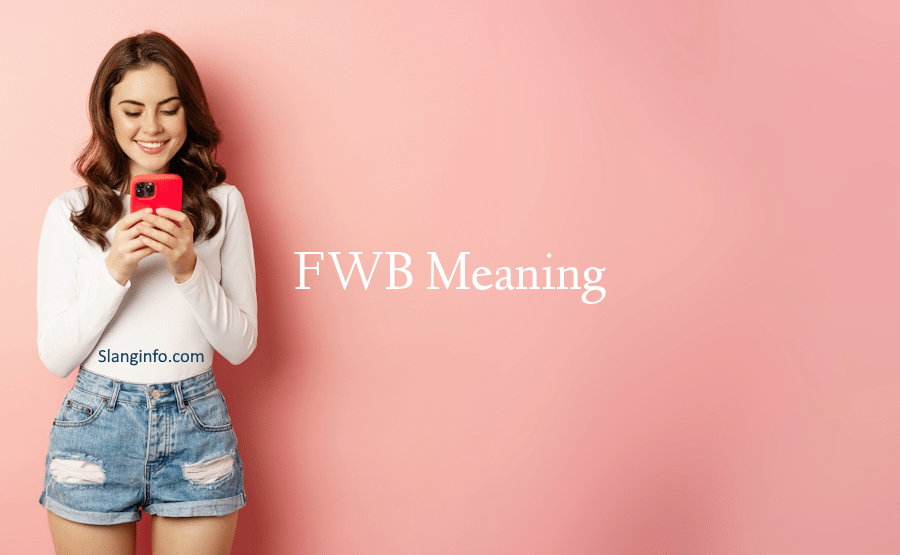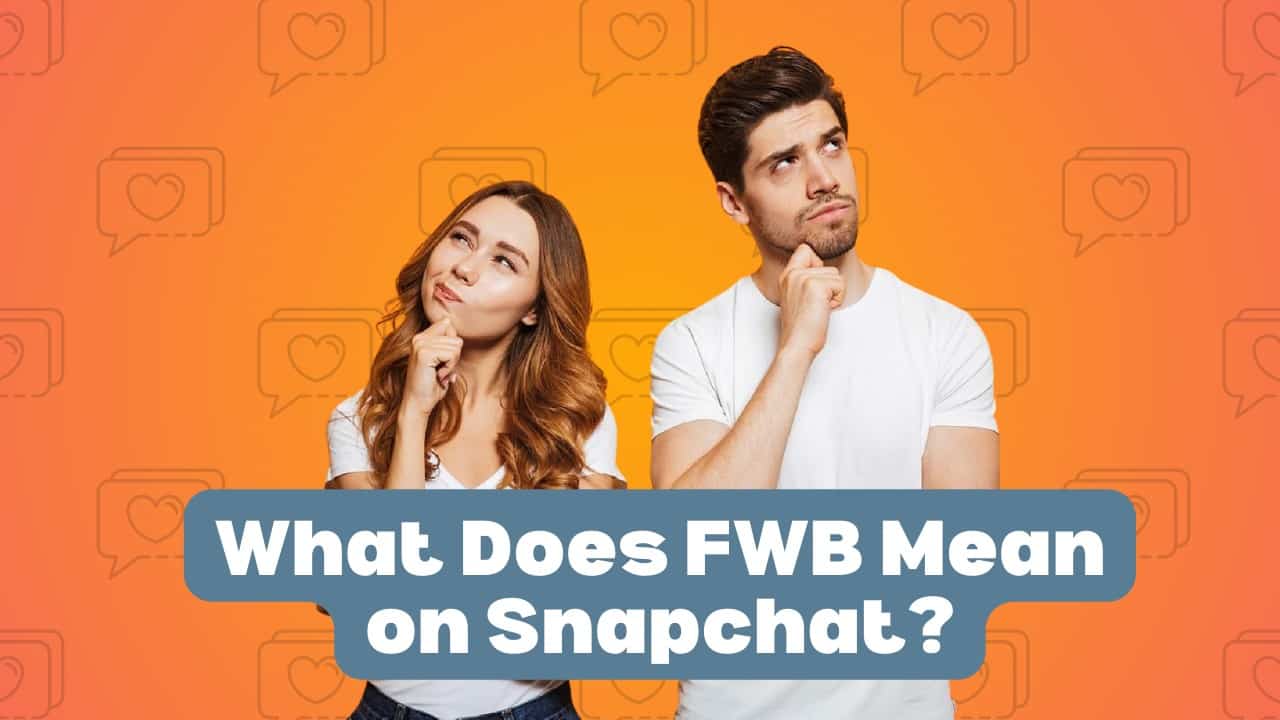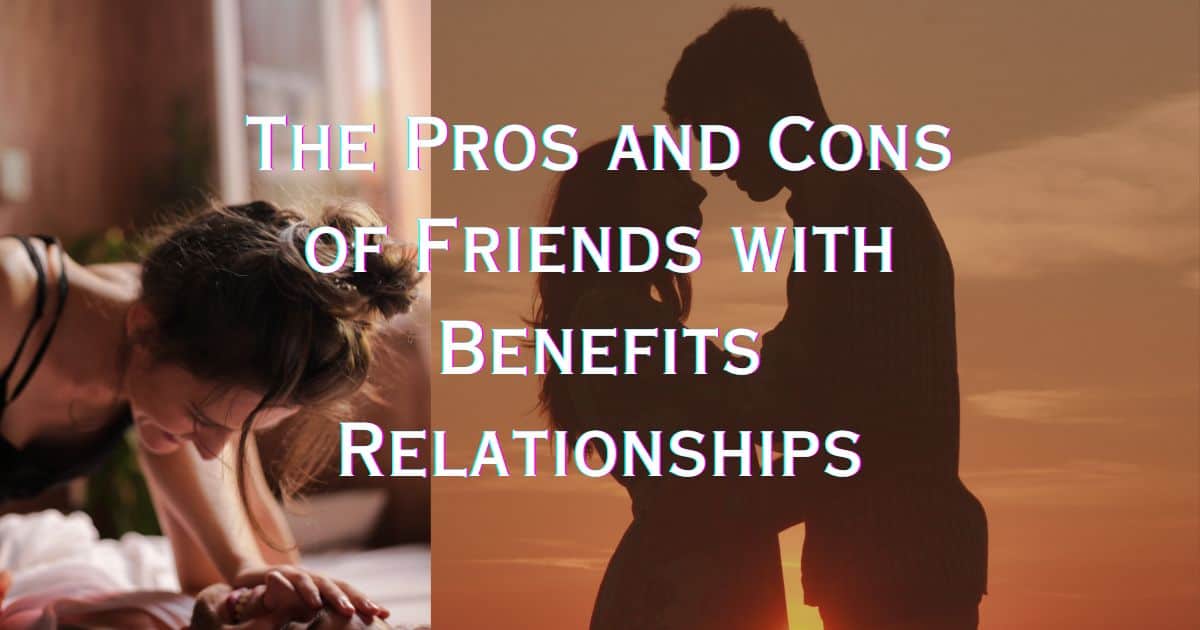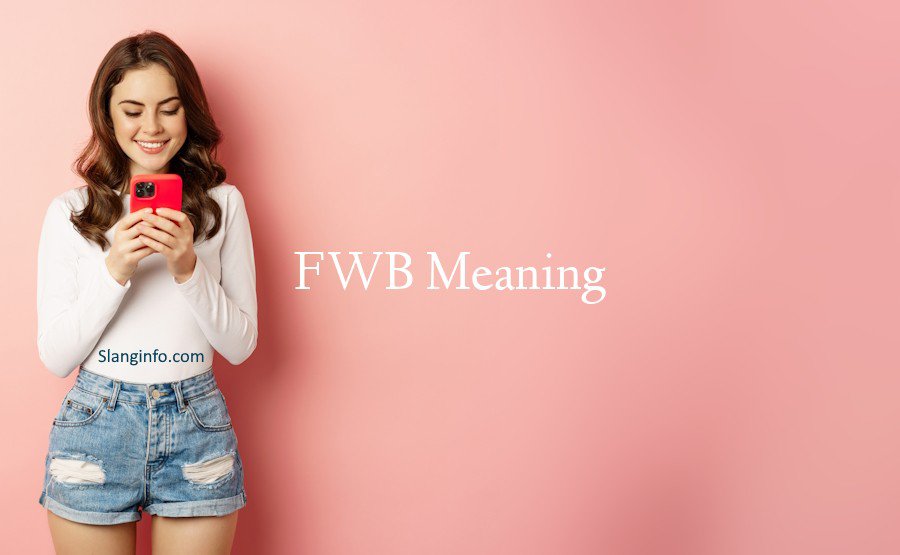The acronym FWB, standing for “Friends with Benefits,” has become a prevalent term in modern dating culture. This article delves into the FWB meaning, exploring the dynamics, implications, and considerations of FWB relationships.

Understanding the FWB Meaning
FWB refers to a relationship where two people engage in sexual activity without the commitment of a romantic partnership. This arrangement blends elements of friendship with physical intimacy, creating unique FWB dynamics that differ from traditional dating or casual hookups.
Also read: YWA Meaning
Key Characteristics of FWB Relationships:
- Physical intimacy without romantic commitment
- Mutual understanding of the casual nature
- Maintenance of a platonic friendship outside sexual encounters
- Flexibility in duration (can be short-term or long-term)
While FWB relationships are primarily casual, they can sometimes evolve, though this progression is not typical.
The Rise of FWB as a Term
The concept of friends with benefits has existed for a long time, but the term itself gained significant popularity in the early 2000s. Several factors contributed to its widespread use:
- Pop Culture Influence: Movies and TV shows brought the FWB concept into mainstream consciousness.
- Music References: Various songs across different genres have referenced FWB situations.
- College Culture: The term became prevalent among college students and young adults.
- Social Media and Dating Apps: Digital platforms made it easier to explore non-traditional relationship dynamics.

FWB Meaning
Types of FWB Situations
While the basic concept remains the same, FWB relationships can take various forms:
- The BFFs: Close friends who add a physical dimension to their existing bond.
- The Backup Plan: Partners who reconnect periodically when single.
- The Booty Call: Acquaintances who meet primarily for physical intimacy.
- The Unexpected Friendship: Partners who develop a genuine friendship after initial encounters.
- The Evolving Dynamic: FWB relationships that progress into romantic partnerships.
The FWB Formula: Pros and Cons

Pros:
- No strings attached (in theory)
- Comfort and trust with a known FWB partner
- Flexibility to explore other connections
- Less pressure than traditional dating
Cons:
- Potential for emotional complications
- Risk of unreciprocated feelings
- Possible impact on existing friendship
- Often short-lived or ending abruptly
Cultural Impact of FWBs
The prevalence of FWB relationships reflects broader societal shifts in attitudes towards sex, intimacy, and dating. These changes include:
- Increased acceptance of casual sexual relationships
- Evolving views on traditional dating norms
- Greater emphasis on sexual exploration and liberation
- Changing perceptions of relationship success
Also read: IMU Meaning
Navigating FWB Dynamics
For those considering or currently in an FWB relationship, several factors are crucial to navigate this dynamic successfully:
- Clear communication: Openly discuss expectations and boundaries.
- Emotional readiness: Be prepared for potential complexities.
- Sexual health: Practice safe sex and have honest conversations.
- Friendship preservation: Regularly check in about the status of your friendship.
Also read: LoLoL Meaning
FWB in Modern Communication
The acronym FWB has become common shorthand in various forms of digital communication:
- Text messages: Used to discreetly discuss or propose such arrangements.
- Dating apps: Some platforms allow users to specify they’re looking for FWB relationships.
- Social media: The term appears in discussions about modern dating trends.
- Online forums: Communities often address FWB dynamics in relationship advice.
Determining if FWB is Right for You
Before entering an FWB situation, it’s important to determine if this type of relationship aligns with your personal values and emotional needs. Consider the following:
- Are you comfortable with casual physical intimacy?
- Can you separate physical and emotional connections?
- How might this affect your existing friendship?
- Are you prepared for potential complications?
Conclusion: The Future of FWB Relationships
As societal attitudes continue to evolve, the concept of FWB relationships may further transform. While some see FWBs as a modern solution to balancing intimacy and independence, others view it as a potentially complicated arrangement.
Understanding the FWB meaning, dynamics, and potential outcomes can help individuals make informed decisions about their relationships. Whether you’re considering an FWB arrangement or simply curious about the concept, being aware of the nuances can provide valuable insights into modern dating culture and personal relationship preferences.
Remember, successful FWB relationships, like all relationships, require open communication, mutual respect, and emotional maturity. By understanding the FWB formula and its implications, you can better navigate this unique relationship dynamic.







